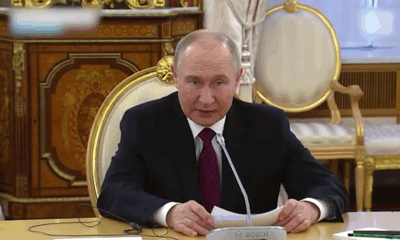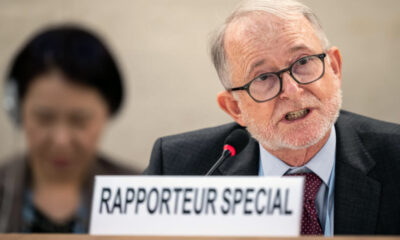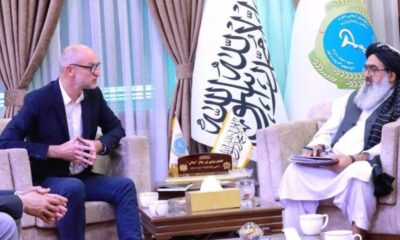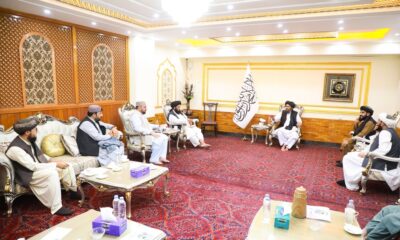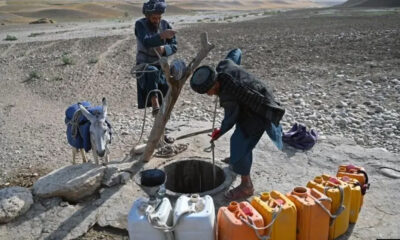Latest News
ATRA: Internet and call charges dropped significantly
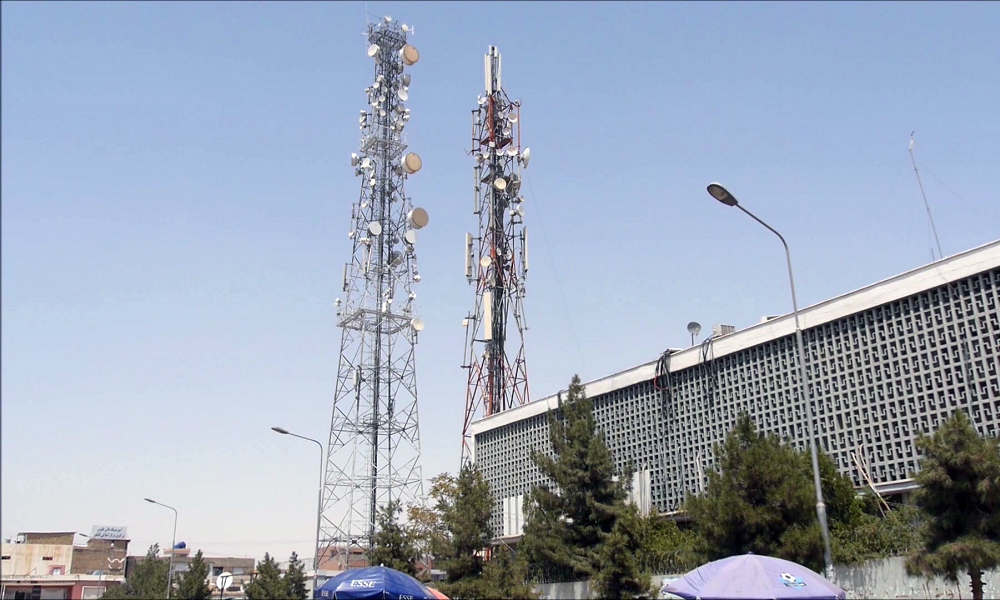
Afghanistan Telecom Regulatory Authority (ATRA) said on Tuesday that for the first time, a ceiling has been set on the charges of internet and phone calls across the country, and there has been a 40-50% reduction in costs.
ATRA spokesman said that previously 1GB data cost 250 afghanis, but now the price has been set at 110 afghanis.
“The rate of calls from one network to another is set at 2.2 Afghani per minute. Previously, calls were charged every sixty seconds, but now it has been reduced to 30 seconds. For example, if we call someone and talk for five or six seconds, it used to count as sixty seconds, but now it counts as 30 seconds.
“There has been a significant reduction in the price of the internet. The price of one GB of internet for telecommunication companies is set at 110 Afghanis and they cannot offer more than this,” said Jalal Shams, ATRA’s spokesman.
The authority said that telecommunication coverage has increased compared to the past and telecommunication services have been expanded in remote areas. Officials said that ATRA earned 1.2 billion Afghanis in the solar year 1401.
“The plan that ATRA is currently working on is quality improvement. The most important one is standard frequency. A standard frequency is given for telecommunication networks. Work on the distribution mechanism is ongoing. Currently, the frequency that telecommunication networks use for 4G is not the 4G frequency. They use 3G frequency for 4G, the reason why there is a problem with the quality,” Shams said.
Citizens also call on the government and telecommunications companies to improve the quality of services in addition to reducing the rates of internet services and telephone calls.
“We are satisfied with the government for reducing internet packages. But the demand of Afghan people from internet service providers is that the quality should be improved, because the quality is very low,” said Musawir Darwesh, a Kabul resident.
“Alhamdulillah, we are satisfied with the internet, but we don’t have the internet as we should have,” said Reshad Insan Dost, a Kabul resident.
There are currently five telecommunication companies operating in the country, and the Afghan Wireless Communication Company (AWCC) has the largest coverage in the country.
Latest News
Putin says Moscow will continue effective cooperation with Islamic countries

Russian President Vladimir Putin says despite the difficult international situation, Moscow will continue its effective cooperation with Islamic countries.
Putin made this statement in his opening message to the 16th International Economic Forum “Russia–Islamic World,” also known as the Kazan Forum.
He added that Russia will expand its relations with these countries in various sectors.
“For centuries, our multi-ethnic country has embraced broad cooperation with the Islamic world, and today, despite the challenges in international cooperation, we continue to effectively and consistently expand our economic, scientific, educational, humanitarian, and interregional ties,” he stated.
The Kazan Forum, a major global platform for dialogue between Russia and the Islamic world, is being held in Kazan, Russia, from May 13 to May 18.
Officials from the Islamic Emirate have also been invited to attend the forum, and a delegation from Afghanistan is expected to participate.
Meanwhile, several analysts view this event as a valuable opportunity for Afghanistan to enhance engagement and cooperation with the international community, particularly with countries of the Commonwealth of Independent States (CIS).
Although Russia has not officially recognized the Islamic Emirate, in recent months it has reopened diplomatic channels and cooperation with Afghanistan, including suspending the designation of the IEA as a banned organization.
Latest News
Richard Bennett ‘shocked’ by explosive testimony of ex-British soldiers in killings of Afghans
The IEA said that foreign forces committed many war crimes in Afghanistan while stationed in the country over 20 years.
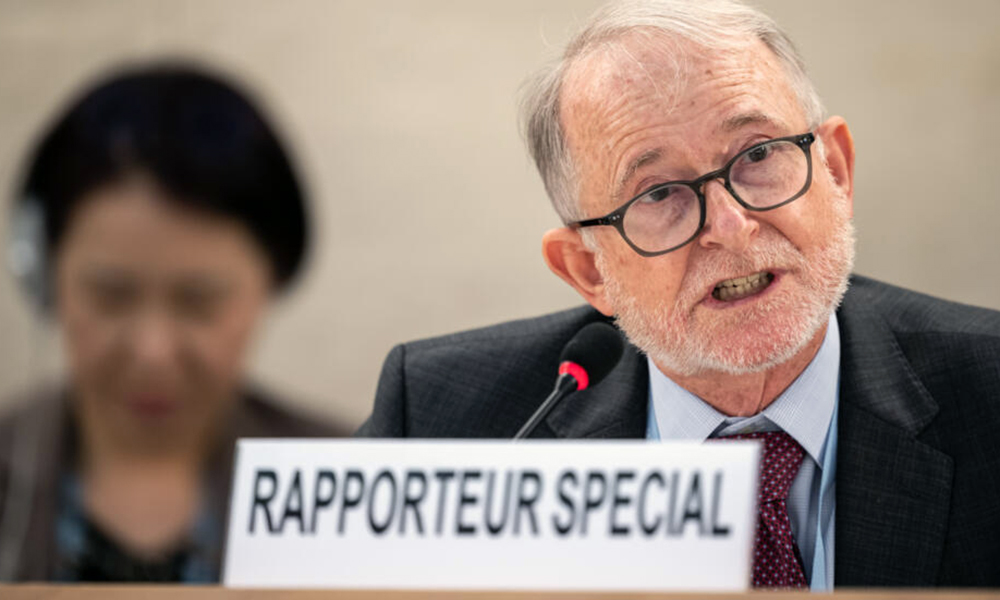
Richard Bennett, the UN Special Rapporteur on Human Rights in Afghanistan, has called for justice to be served over the unlawful killings by UK special forces in Afghanistan.
In a post on X on Monday, Bennett said the revelations in a recent investigation by BBC’s Panorama were “shocking”.
The Islamic Emirate also responded to the news and stated that foreign forces committed many war crimes in Afghanistan while stationed in the country over 20 years.
The IEA says these new confessions prove the extent of what transpired.
The BBC report featured testimony by several ex-soldiers on the unlawful killings while British troops were in Afghanistan.
These ex-soldiers told how British troops killed unarmed civilians in their sleep and executed blindfolded detainees.
One former soldier who served in Afghanistan recalled an incident in which troops “handcuffed a young boy and shot him. He was a child, not even close to fighting age.” He added that the killing of detainees by British special forces “became routine.”
Allegations of war crimes involving British forces in Afghanistan have circulated for years, and formal investigations are ongoing.
However, these inquiries and investigations by the BBC have still not led to any charges being brought against the alleged culprits or any meaningful justice for the victims.
Latest News
Trump administration to end protection program for Afghans
Over 8,000 Afghans were approved for TPS as of last year, according to federal statistics.
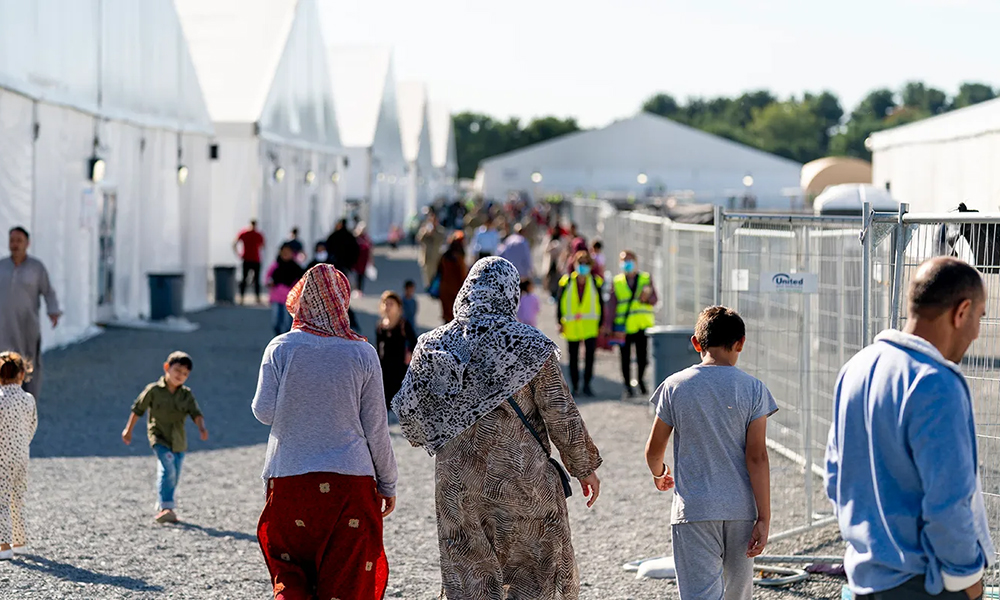
The Trump administration is ending the Temporary Protection Program that offered deportation protection to thousands of people from Afghanistan.
The Department of Homeland Security said Monday it will end the program on July 12.
The TPS program allows migrants to get work permits and temporary reprieve from deportation if the U.S. government determines it is unsafe for them to return to their home countries due to war, natural disaster or other issues.
Over 8,000 Afghans were approved for TPS as of last year, according to federal statistics.
TPS was last extended for Afghanistan in 2023, and it was set to expire in May unless the Trump administration chose to grant another extension.
“This decision is unconscionable and will have long-lasting ripple effects,” #AfghanEvac, a group that helps relocate Afghans, said in a post on X.
-
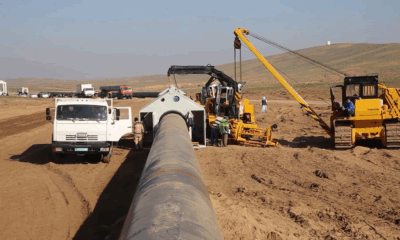
 Latest News5 days ago
Latest News5 days agoTAPI pipeline to reach Herat by end of 2025: Ministry
-

 Sport5 days ago
Sport5 days agoIPL 2025: Dharamsala match abandoned due to security concerns
-

 Regional4 days ago
Regional4 days agoIndia says military stations attacked by Pakistan drones and missiles
-
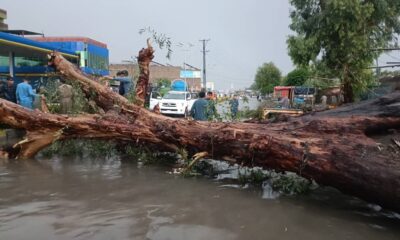
 Latest News4 days ago
Latest News4 days agoOne dead, dozens injured as powerful storm strikes Jalalabad, Afghanistan
-

 Latest News4 days ago
Latest News4 days agoEx-Afghan deputy speaker Qadeer back in Kenyan court for criminal case
-
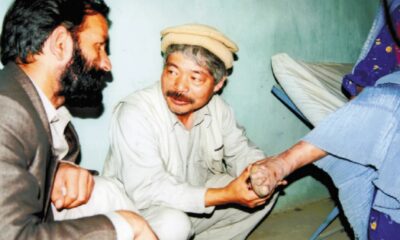
 Health4 days ago
Health4 days agoJapanese charity Peshawar-Kai to resume leprosy treatment in Afghanistan
-

 Sport4 days ago
Sport4 days agoIndia suspends Indian Premier League T20 cricket tournament
-

 Latest News3 days ago
Latest News3 days agoPakistan says India launched attack on Afghanistan, India denies


